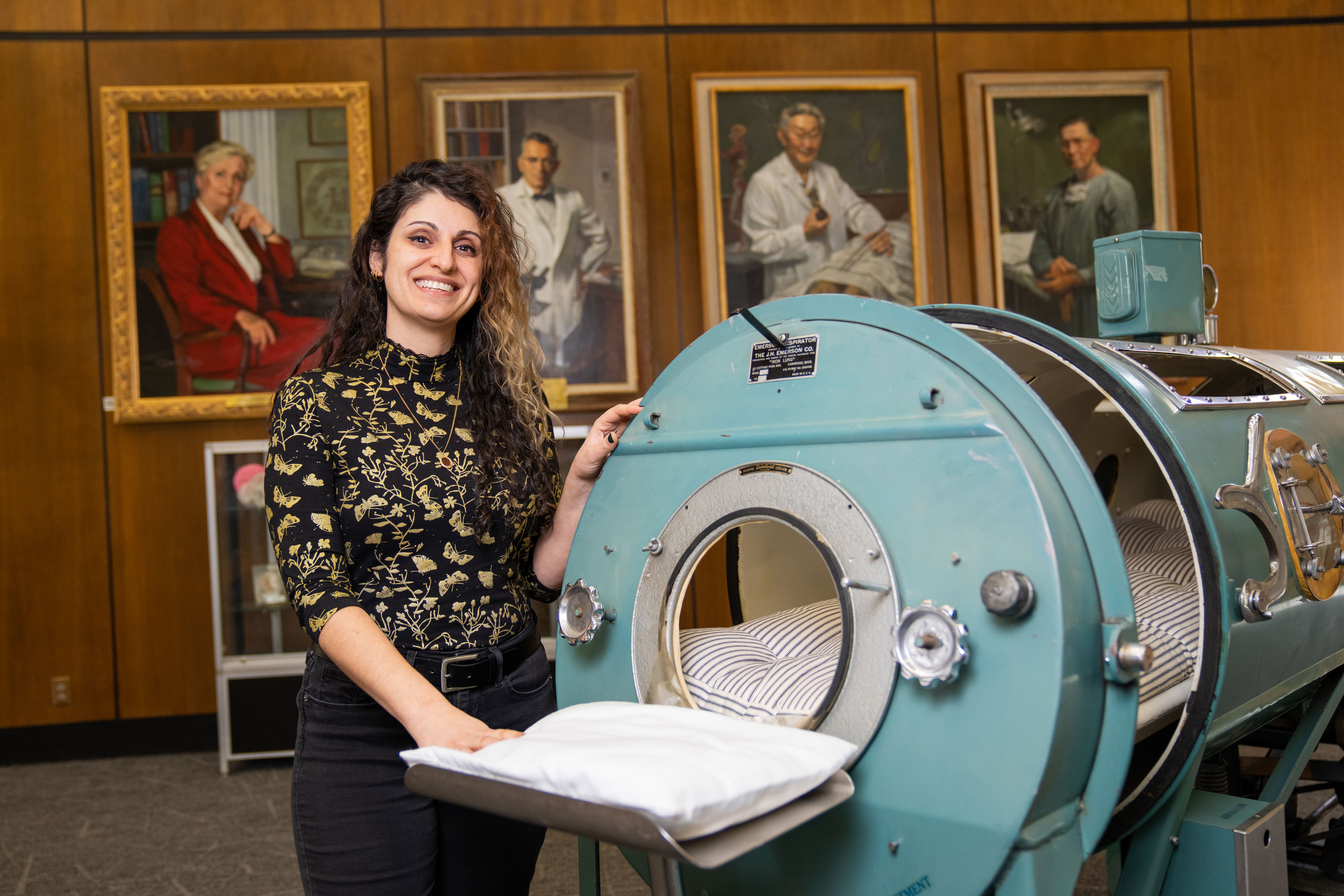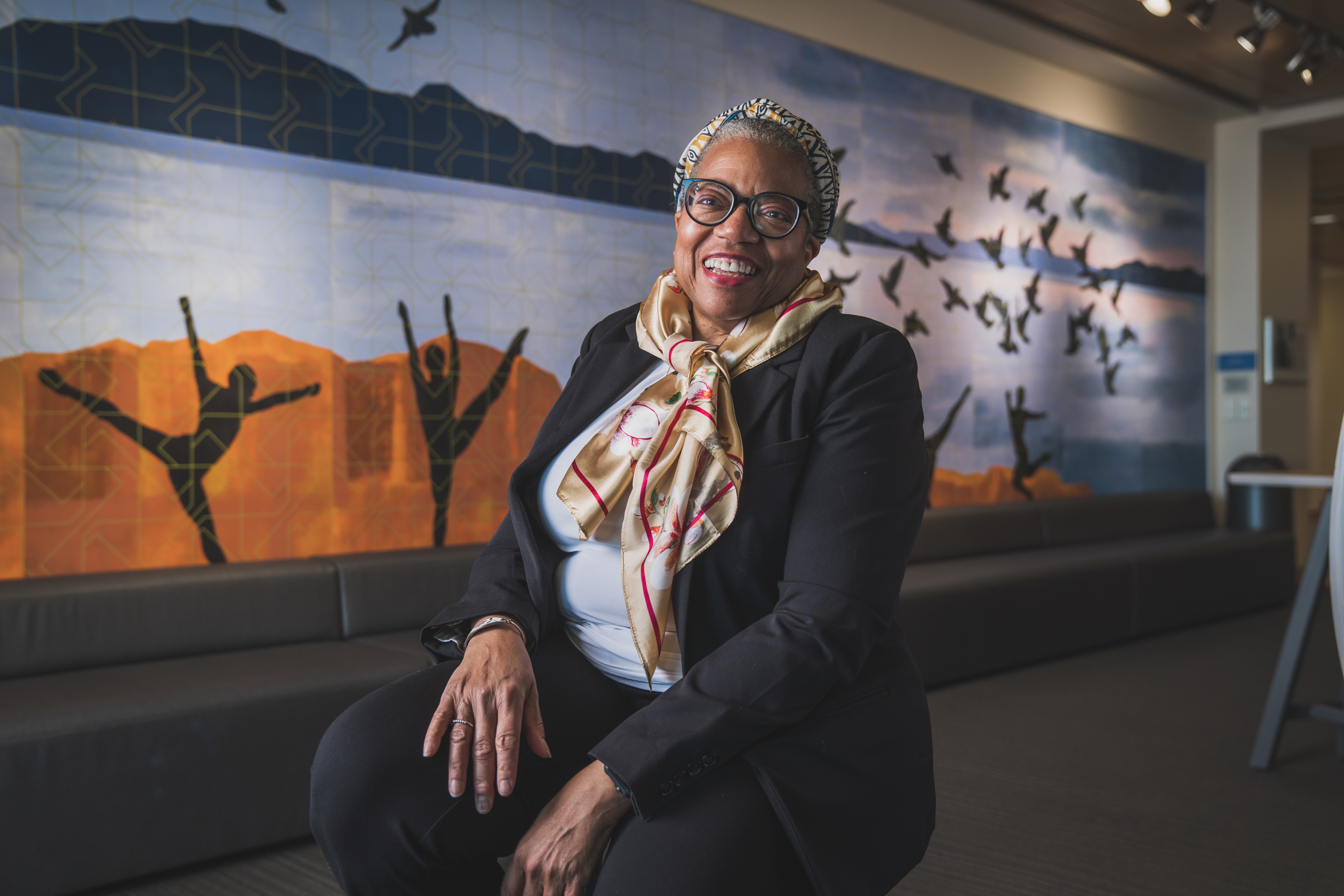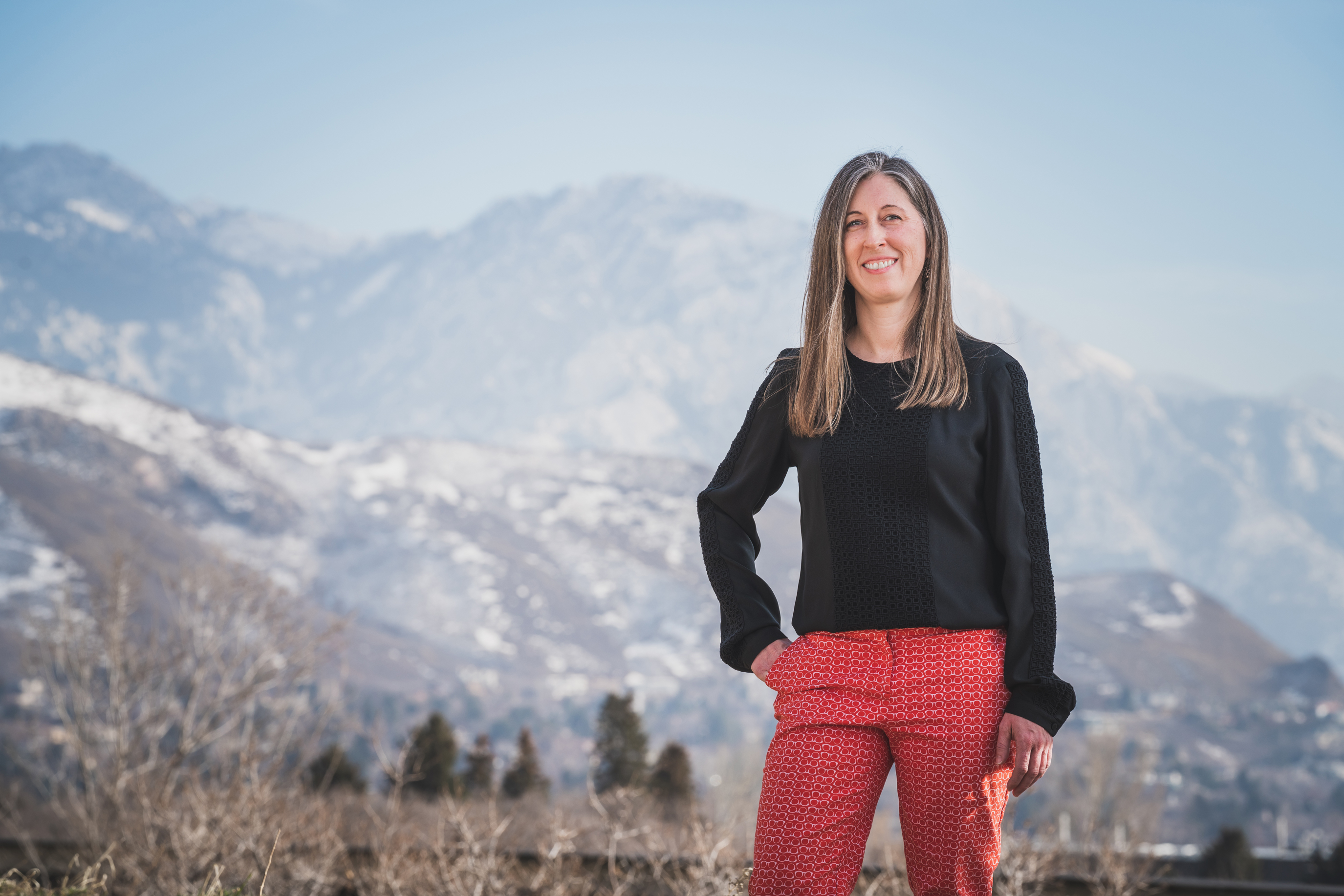
How would you describe yourself and your EDI journey?
The words I’d use to describe myself are very privileged ones: white, male, opportunity, a lack of barriers. I come at EDI from a world where I haven’t experienced many of the struggles that others have.
I wear my differences more on the inside than the outside. I'm a part of the LGBTQ+ community, which some people are surprised to find out when they meet me. I've had my own journey through that part of who I am, but, on the surface, I come from a very privileged background. I'm very grateful for the opportunity to work in the EDI realm because I feel a need to step outside of my own perspective and make the privilege that I've been blessed with available for anyone else who could benefit from it.
To be perfectly honest, my dean came to me one day and asked if I would be willing to take this on. I teach patient communication and our ethics program here at the School of Dentistry, so I felt a natural link between these topics.
What EDI issues are you most focused on at the School of Dentistry?
From my experience, there are three main barriers to care: geographic, financial, and cultural. We know that there are segments of our population, like rural patients, where physical access to dental services is difficult. Then there’s the ability to pay for and afford our services. Finally, there’s the cultural barrier. Many of our community members don’t feel comfortable entering into and being part of our health care system.
They may not understand how it works, or they struggle to trust our providers. It’s easy to think all we have to do to broaden access is open the doors and they will come. But we have to create the cultural awareness and knowledge among our own staff and meet the people we serve in a space that they feel safe in. In the medical community, within our institution, and even within the School of Dentistry, I'm seeing that our providers—and our students, especially—are working to make care more accessible.
Our culture as a whole is not going to advance unless everyone advances. We're all in this boat together. I've been lucky to have access to the services I needed along the way, so opening that opportunity up to everyone is an important part of what I do.
How are you addressing those barriers?
I've been in this position for a little over a year and our committee has only been around for about two and a half years. It was organized right before the pandemic started, so our work is new, but our mission has a focus on outreach and serving the underserved.
We expand our operations and clinics into rural communities in Utah to make access to dental care easier but also bring rural students to the School of Dentistry to study and return to those areas. What better way to break down those barriers than to send practitioners that are a part of those communities back to serve their neighbors?
Another note about the School of Dentistry: we area huge Medicaid provider and many of the patients in our clinics are from underserved backgrounds. That’s the second part of our mission.
Dentistry has been a white male occupation for decades, and we're trying to change that vision and dynamic of what dentistry is in Utah. By providing those pathways to bring people in from underserved backgrounds and rural areas, we can educate them and get them back out into their communities.
What we're really trying to do is create an institution where everyone in our community feels safe and knows we're going to provide the care that they need in the space that they need it. Part of becoming self-aware in EDI is realizing that my perspective is only my own. The way the world looks and exists is totally different for others.
That really is the core of equity work, isn’t it? Living outside your experience.
Absolutely. EDI work is about creating a paradigm shift. In addition to breaking down barriers and widening access, our other pillar is changing the core thoughts and beliefs of people with privilege in our system.
What’s it like as a white man of privilege working in the EDI space?
It’s been eye-opening. This society, this country has been entirely built for men like me, but we’re socialized to believe this is normal. We believe that the way we experience this world is how everyone experiences it, and that’s completely wrong.
I’ll give you an example. Last year, a group of us realized that we didn’t have time for meetings during the day, so we chose to meet at 7 a.m. and get some work done before our day started. Well, none of us stopped to think about the mothers on our team. At 7 a.m., many mothers are getting their families dressed and fed and ready for their day. We never considered what would work for them, so we adjusted the meeting and started scheduling with mothers in mind.
In another faculty meeting, we were discussing inappropriate behavior from patients. A white man said he understood the experience because he had once been approached romantically by a patient. The women in the room said, “That might have happened, but you’ll never know what it’s like when it happens to us. You can walk out of the office at the end of the day and go home. When we leave the office, we’ll have to ask a coworker to walk us out and look over our shoulder because our world is different than yours.”
I get what they were talking about. But I will never, ever understand what it’s like to be socialized in this world as a woman. As a white man, I need to step back and honor the experiences of others with the understanding that they’re not mine. That’s where I can become an ally. I could say to one of the women, “When it’s time for you to walk to your car after work, let me know if you’d like me to escort you. I know what you might be feeling, and I want to help you feel safe in this space.”
How has this impacted the work you do?
I hope the value I bring is to help other white men become more involved in EDI, to bridge the gap. I look like them, and it’s sad to say but when a white man looks at me having this discussion, they may react differently than if I were a member of a marginalized community. They might think, “If this person has taken the time to consider and internalize this, maybe I should consider it.”
Two years ago, I had a real epiphany about my privilege. I felt shameful. Of course, we can say our intentions are good, but it doesn’t change the fact that that many of us are complicit in this system. We’ve got to go through that phase of guilt and remorse in order to move forward. It’s a hard thing to do.
What advice would you give to someone working through their own privilege?
Privilege comes with a responsibility: to help others, to understand others. You’re going to feel some shame. Let yourself feel it. Lean into it, shed the tears, cleanse your soul. It’s a lifelong process—I don’t think there will ever be a point where white people can stop that introspection, and that’s okay. It’s not about a destination but about putting energy and effort into regularly stepping out of our own experience.
What’s been the most fulfilling part of this work for you professionally?
It’s allowed our community better access to the services they need. It’s created workspaces and environments that are more enriching and more meaningful to us, and it’s forced us to take a close look at ourselves and reevaluate where we want to be.
And personally?
It’s enabled me to look at how I provide care and how I interact with the people around me. As an educator, I’ve loved working with students to help them see and understand the perspective of those that are walking through our doors, that not everyone engages with health care the way they have. It's that ability to step back away from yourself, finding that place where you can both meet to make it really beneficial for the patient. At the end of the day, that's what we're in the business to do.

Equity, Diversity, & Inclusion librarian at Spencer S. Eccles Health Sciences Library (EHSL)

Associate Professor and Associate Dean for Equity, Diversity, & Inclusion at the College of Nursing

Assistant Dean for Equity, Diversity, and Inclusion at the College of Pharmacy